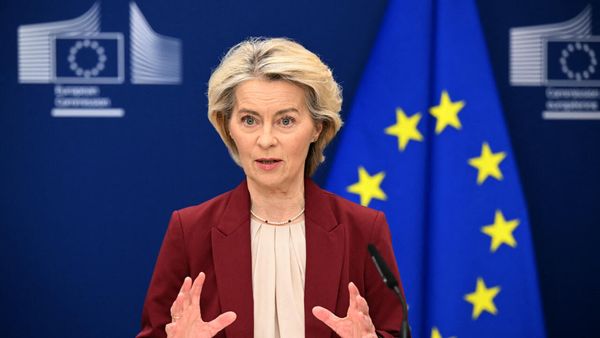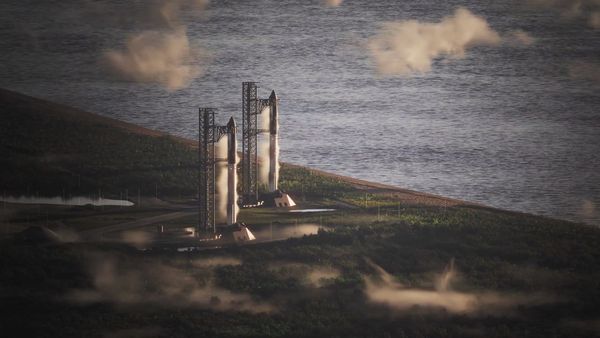At least 59 people have died in bomb attacks on two mosques in Pakistan as the country’s deteriorating security situation was laid bare on a public holiday held to celebrate the prophet Muhammad’s birthday.
In the most serious incident, a suicide bomber killed at least 54 people who were gathering for a parade near a mosque to mark the prophet’s birthday in restive Balochistan province.
A second attack struck a mosque in a police station compound in Khyber Pakhtunkhwa province, killing five people and collapsing the building.
Local officials said hundreds of people had gathered at a mosque in Mastung in Balochistan for an Eid-e-Milad Un Nabi procession and were leaving the building when the bomber struck. Muslims hold rallies and distribute free meals to people on the occasion, which is also a public holiday.
Celebration of the prophet’s birthday is accepted by the majority of Muslims in Pakistan, but certain denominations view it as an unwarranted innovation. According to one official, however, a senior police officer killed in the attack may have been the target.
Officials confirmed the officer, Nawaz Gishkori, was among the dead. Balochistan has witnessed scores of attacks by insurgents and militants, but they usually target security forces.
The local deputy commissioner for Mastung, Razzaq Sasoli, said a suicide bomber had blown himself up next to Gishkori’s car. Sasoli said: “According to initial reports, we believe it was a suicide blast. It was a huge blast and we believe the target was Gishkori. We have at least 54 dead.”
TV footage and videos on social media showed an open area near a mosque strewn with the shoes of the dead and wounded after the bombing. Bodies had been covered with sheets, and residents and rescuers were seen rushing the wounded to hospitals, where a state of emergency was declared and appeals were issued for blood donations.
After the attack, families were searching for missing relatives among the dead and injured, which included young children.
Asadullah Bangulzai was one of those who helped wounded people. “I had blood on my hands and clothes” from carrying people hurt by the explosion, he said. “I will never forget these painful moments … People were crying in pain.”
Hours after the bombing, there was another explosion at a mosque on the premises of a police station in Hangu, a district in the north-west province of Khyber Pakhtunkhwa. An official told Al Jazeera at least five people had been killed. The mosque’s roof collapsed in the blast, the local broadcaster Geo News reported, adding that about 30 to 40 people were trapped under the rubble.
A senior officer, Fazal Akbar, said attackers tried to enter a police station near the mosque. “One of them blew himself up at the gate but the other managed to enter the mosque,” he said. “Thankfully, most of the people inside the mosque managed to escape after the first blast, which is why the casualty count is low.”
No group has claimed responsibility for the Balochistan bombing, which comes amid a surge in the number of attacks claimed by militant groups in the west of the country before national elections scheduled for January next year.
The Pakistani Taliban, an umbrella group of various hardline Sunni Islamist groups, denied it had carried out the attack. Islamic State has claimed previous deadly attacks in Balochistan and elsewhere.
At least one expert suggested the coincidence of the two attacks could suggest that two different branches of the Islamic State in Pakistan could have coordinated the blasts.
Amir Rana, the director of the Islamabad-based research organisation Pakistan Institute of Peace Studies, said the two incidents appeared to be the work of Islamic State in Iraq and the Levant (Isil).
“However, what must be remembered is that the Islamic State Khorasan province operates primarily out of the Peshawar region in Pakistan, or Afghanistan, while the Islamic State Pakistan province is based out of Balochistan. It appears this might be the first time they coordinated for twin attacks,” he told Al Jazeera.
Earlier this month, at least 11 people, including the leader of the Jamiat Ulema-i-Islam-Fazl party, Hafiz Hamdullah, were injured in a blast in the Mastung.
Pakistan’s caretaker interior minister, Sarfraz Bugti, denounced the bombing and expressed sorrow over the deaths. He said it had been a “heinous act” to target people at the procession.
The gas-rich south-western Balochistan province, on the borders of Afghanistan and Iran, has been the site of a low-level insurgency by Baloch nationalists for more than two decades. They initially wanted a share of provincial resources, but later launched an insurgency calling for independence.







